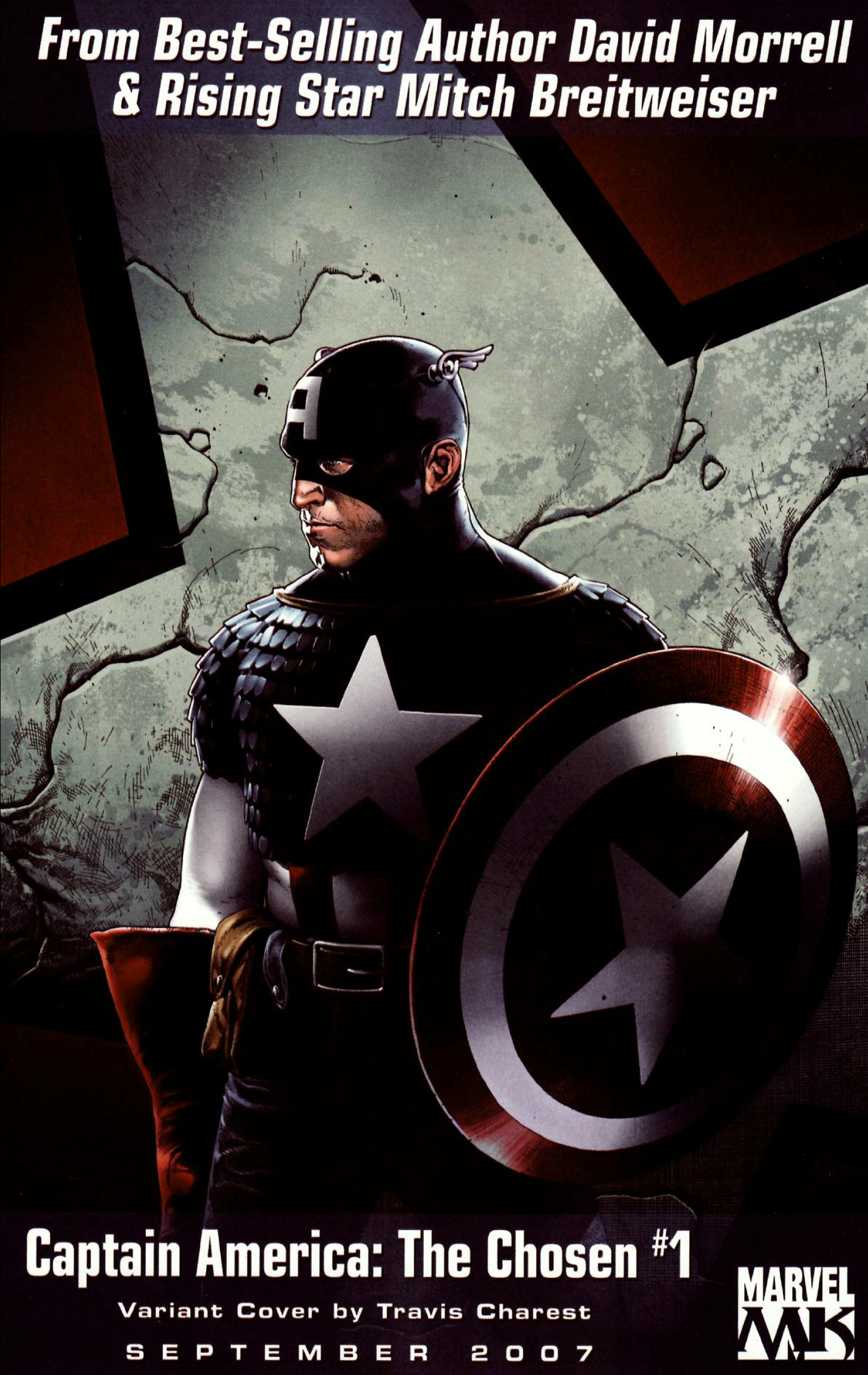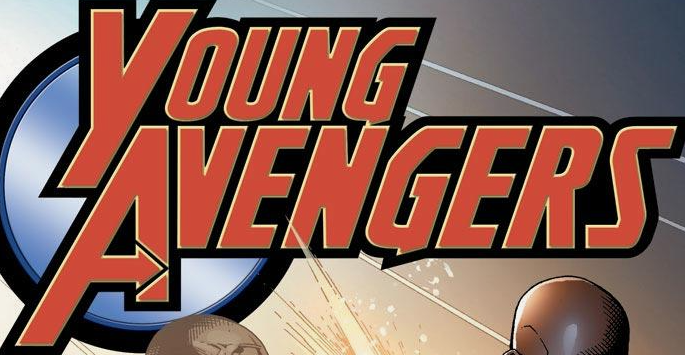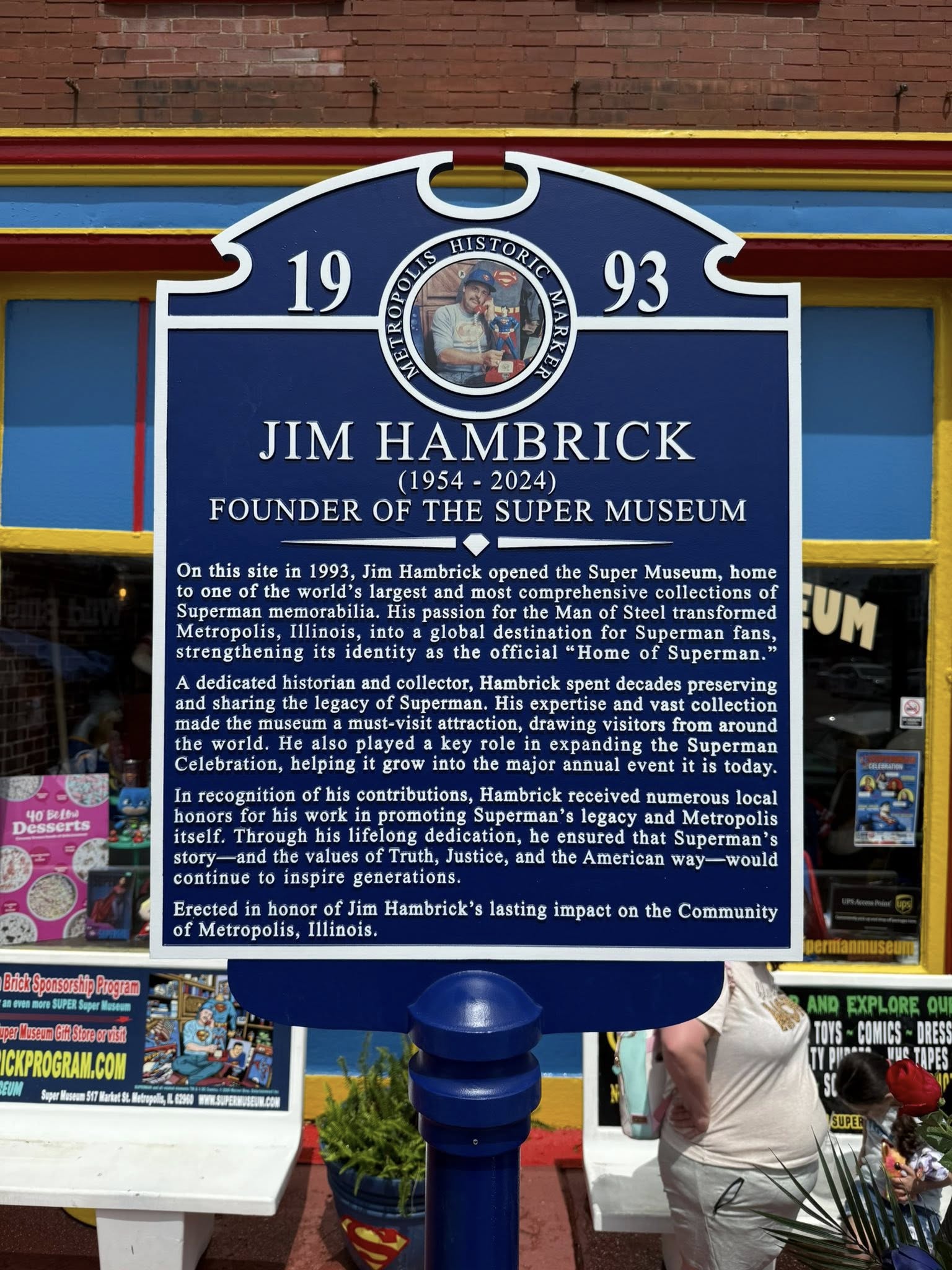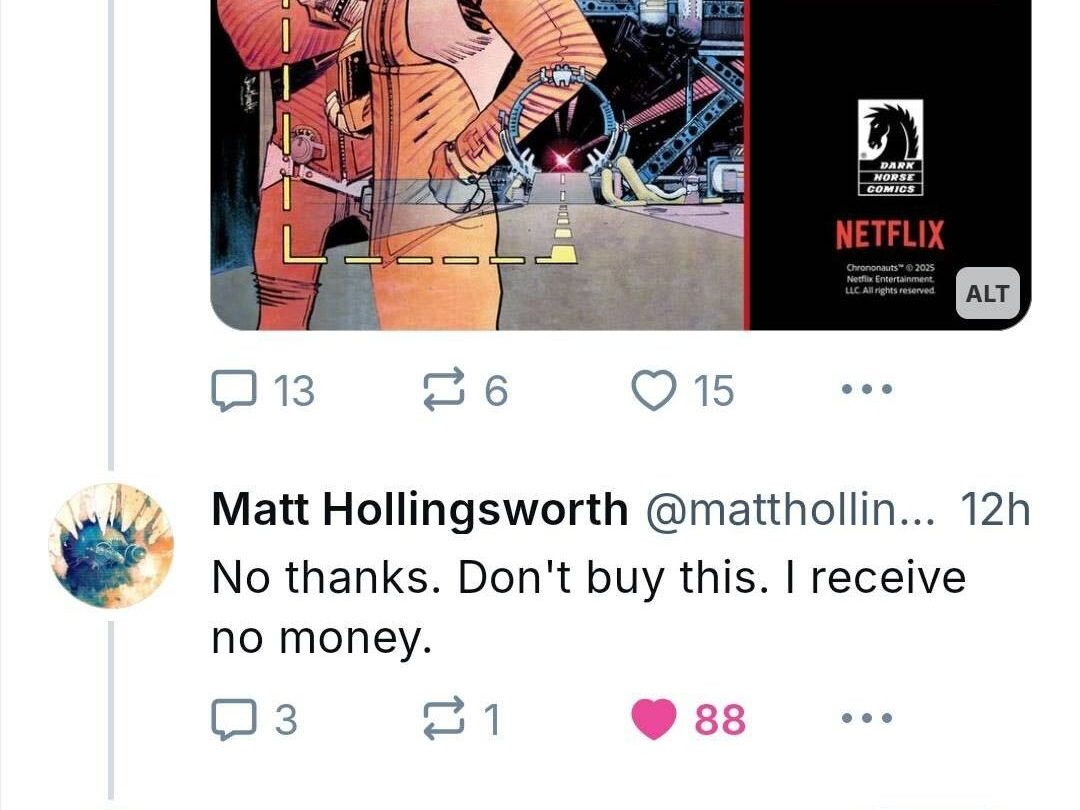At this year’s Cannes Film Festival, actor Paul Mescal, who starred in Gladiator 2 and now stars in The History of Sound, spoke with enthusiasm about how he sees movies are changing the way they show men. While promoting The History of Sound, a movie about a gay romance between two men, Mescal said he is glad to see many Hollywood films “moving away from the traditional, alpha, leading male characters.”
During a press conference, Mescal explained that The History of Sound is about two men traveling through New England in 1919 and falling in love. Some people compared the movie to Brokeback Mountain, but Mescal disagreed. He said, “I personally don’t see the parallels at all, other than we spent a little time in a tent.” He also said, “Brokeback is a beautiful film but it is dealing with the idea of repression. I find those comparisons relatively lazy and frustrating… our film is a celebration between these men’s love, not the repression of their sexuality.”
Helmed by director Oliver Hermanus, the movie is adapted from a short story of the same name by Ben Shattuck, the film first introduces audiences to Lionel (Mescal), who moves from rural Kentucky to Boston in 1917 to study music at the Conservatory. There he meets David (O’Connor) playing piano at a bar, where they quickly bond over folk music and wind up in bed together. Not exactly an inspiring setting for masculinity.
Mescal also shared a peculiar story about how he and his co-star, Josh O’Connor, bonded over fruity candies during filming. Hermanus, who is also gay, jokingly referred to the pair as “the naughty boys”, with Mescal saying his abiding memory of shooting with O’Connor would be eating large amounts of Jolly Ranchers sweets.
These kinds of statements make bring into focus how Hollywood has been celebrating homosexual relationships while emphasizing traditional male and female relationships less. In the past, movies often showed strong, dependable men and wholesome families. Now, there seem to be more films about sensitive men, militant feminism, self-centered narcissism, and same-sex relationships, without portraying any of it as unusual or less than ideal. All the while, many moviegoers wish Hollywood would return to making films about traditional families and values, instead of always trying to change what masculinity and relationships “should” look like.
Hollywood has ignored the failure of films that celebrate homosexual relationships, most recently the gay rom-com “Bros,” but they blame those sorts of failures on “homophobia.” But the rejection of gay male relationship in movies is not bigotry, it’s actually scientific. As a recent peer-reviewed scientific study published in Psychology & Sexuality starkly illustrated, heterosexual men, no matter where they land on the spectrum of support for the LGBTQ community, have a negative physiological response to displays of physical affection between two men. All males in the study, regardless of their levels of prejudice, including gay marriage supporters, responded to pictures of rotting flesh, maggots and spoiled food with the same physiological stress response as pictures of two men kissing each other. Why would movies be any different?
Recently, President Donald Trump announced new tariffs on Hollywood. Will this encourage Hollywood to make more traditional, wholesome movies again? There is hope that with these changes, Hollywood will stop promoting effeminate men, feminism, and homosexuality, and instead return to making good films about strong families and classic heroes. If Hollywood hopes to thrive again, they’d better.
***






















 English (US) ·
English (US) ·